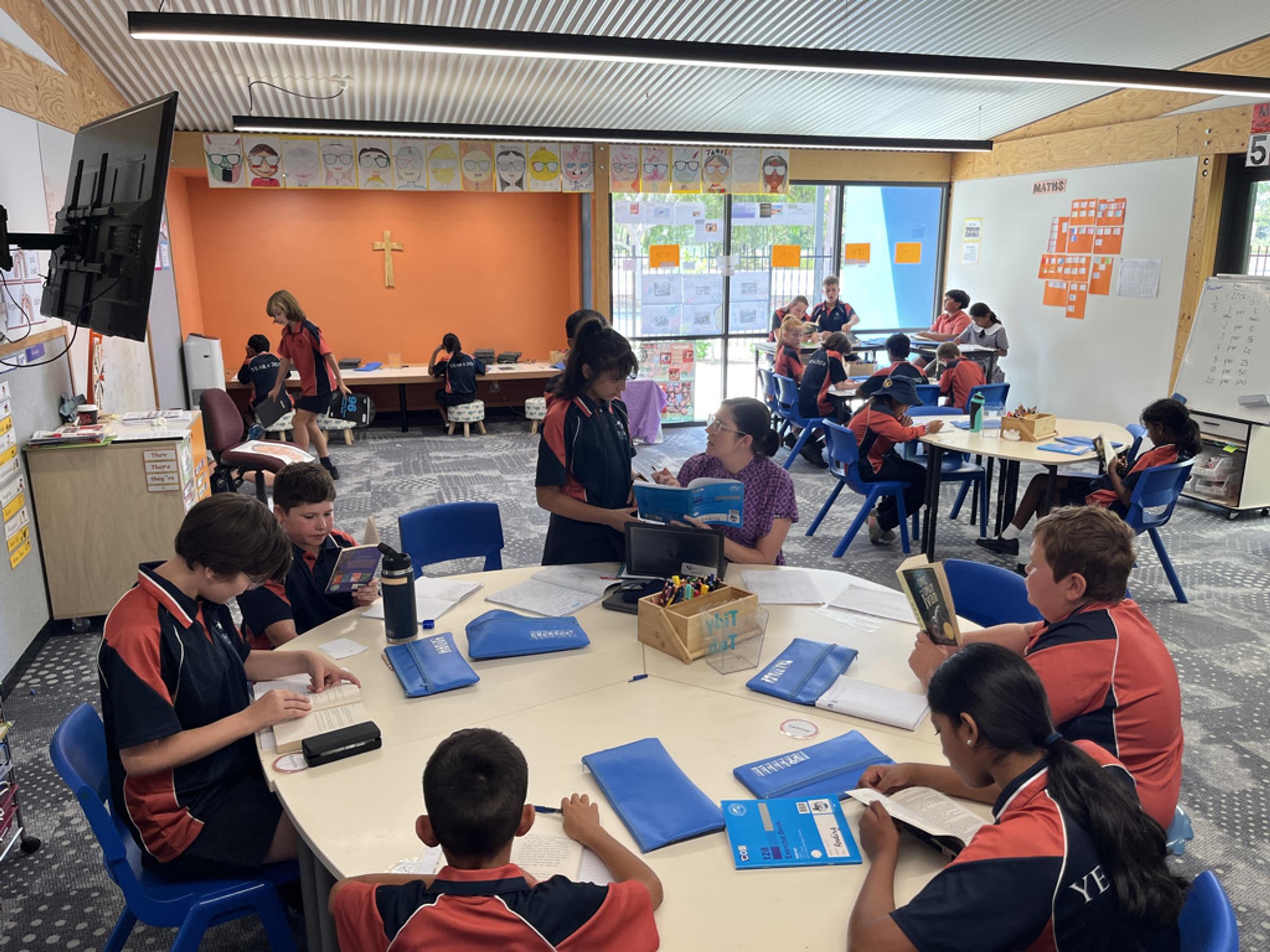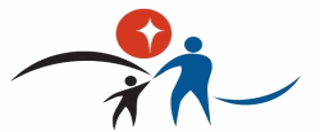Learning Enhancement

High Impact Strategy #7
Questioning
Questioning is a powerful tool. Effective teachers deploy it regularly for many purposes. It engages students, stimulates interest and curiosity in the learning, and makes links to students’ lives. It unfolds opportunities for students to talk together, discuss, argue, and express opinions and alternative views. It is used to provide feedback to students, to check for understanding, and to quickly assess progress.
Questioning can yield immediate feedback on student understanding, support informal and formative assessment, and capture feedback on the impact of teaching strategies.
Effective questions have varied levels – they focus on both the completed task and the learning process, and elicit more information if a student gives a partial (or partially correct) answer.
Effective teachers understand that specific types of questions are appropriate for particular learning goals and activities. As the types of questions used vary according to the learning goals, questions need to be planned. Is the purpose to engage, revise, challenge, encourage reflection and deep understanding, or provide the teacher with feedback?
Questioning is most successful when teachers maintain a respectful, trusting learning environment in which students feel confident to contribute. So that students understand how to conduct discussions, teachers introduce protocols which are framed in ways that encourage students to respect the rights of others to hold differing views.
As a student I remember the teacher at the front of the classroom asking questions, and immediately four or five hands would shoot straight up! When asked for their input, one of those students will often say ‘I forgot,’ another would want to share an anecdote that was not relevant, and the others were quick thinkers with very fast processing time. Students who needed some think time, or were a little shy, were slower to respond. And even worse, when the same quick thinkers put their hands up for every question, other students tuned out or stopped thinking about the question because the teacher focus was on the hands that were already up.
As a beginning teacher I learnt about wait time. It was introduced as a strategy to include more students in those Q & A moments and to keep all students thinking. The teacher may ask a question and instruct that no hands go up. Teachers know their students. They are not going to ‘cold call’ a student who is extremely shy, or who may not respond with an appropriate answer. But this strategy of ‘I could ask anyone,’ allowed students to consider the question and take some time to think before they might be called upon to respond.
Another strategy to relieve the ‘don’t ask me’ anxiety that some students feel, is the ‘turn and talk’ strategy. The teacher asks a question. Students talk about the question and possible responses with their neighbour on the floor, or their shoulder partner at their table. The teacher may then call upon a student to report back on what their partner said.
Typically, a teacher will ask between 300 and 400 questions every day. The average child asks between 200 and 300 questions every day. That’s a lot of questions to have pinging around the classroom!
Effective teachers are going to ask effective questions. Students may have questions about those questions… and that is a good thing.
regards
Jen McKillop
Eloise Liddell
Jess Moodie
Library News
Book Club
This week you would have noticed the Issue 6 Scholastic BookClub come home with your child. There are some great books available from as low as $3. Follow the instructions online to order. REMEMBER that all payments are to be made online via Loop. To make payments visit scholastic.com.au/LOOP or download the LOOP app. If assistance is required with this please let us know so we can help you. Every order earns FREE books and learning resources for our school. Book Club orders close on Monday 2nd September 2024.
Book Fair
We will be having our onsite Book Fair next Term in Week 2. More details to come.
Overdue Books
Our total has decreased to 121 overdue books. Whilst this is better, we would like to see it even lower. Please continue to look for missing library books! WELL DONE to 1/2 Jondahl and 5/6 Liddell who have 0 overdue!
